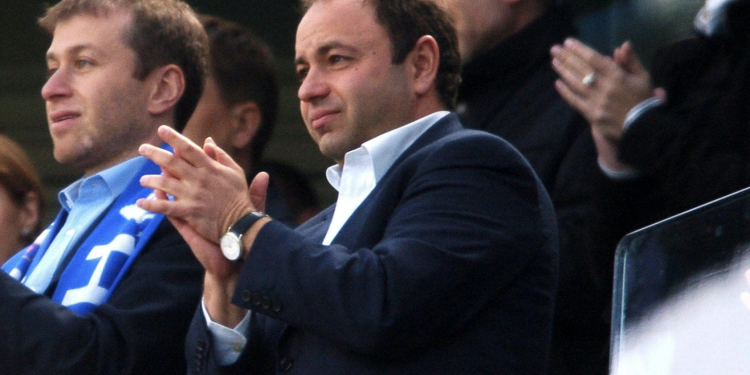Russian-born billionaire oil tycoon Eugene Shvidler is challenging the UK government’s decision to freeze his assets. Last March, two of his private jets, valued at up to $60 million (£45 million), were detained.
Mr. Shvidler faced sanctions due to his connections with former Chelsea FC owner Roman Abramovich and a mining company operating in Russia. Now, in the first such case at the High Court, the 59-year-old, who moved to the US in 1989, is seeking to have the sanctions lifted.
Lord Anderson KC, representing Mr. Shvidler, asserted that his client was “sought to be used as a poster boy for Russian sanctions,” citing comments made by ministers when his planes were seized. The case may set a precedent, as other similar challenges are reportedly waiting in the wings, awaiting the outcome of Mr. Shvidler’s case, which is expected to be ruled on at a later date.
Mr. Shvidler is seeking a declaration that his designation under post-Brexit regulations on sanctions was unlawful and is requesting an order to quash the designation. According to Lord Anderson, the asset freeze has severely impacted Mr. Shvidler’s ability to manage his assets and conduct his business, disrupted his life and that of his family, led to employees losing their livelihoods, and tarnished his reputation.
He further emphasized that Mr. Shvidler has no relationship with Russian President Vladimir Putin and holds no sway over Russian policy. In fact, he has spoken out against the war in Ukraine. Lord Anderson highlighted that England has been Mr. Shvidler’s primary home since 2004, and his five children are all British citizens attending schools in the UK. However, two of his children were forced to leave their schools due to the sanctions.
Notably, Mr. Shvidler has demonstrated his commitment to the UK through philanthropy, including funding a library and scholarships for disadvantaged young people.
On the opposing side, government lawyers argued that the decision to impose sanctions was neither disproportionate nor discriminatory. They urged the court to dismiss the case, setting the stage for a potentially significant legal showdown between Mr. Shvidler and the UK government over asset freezes and their implications.


